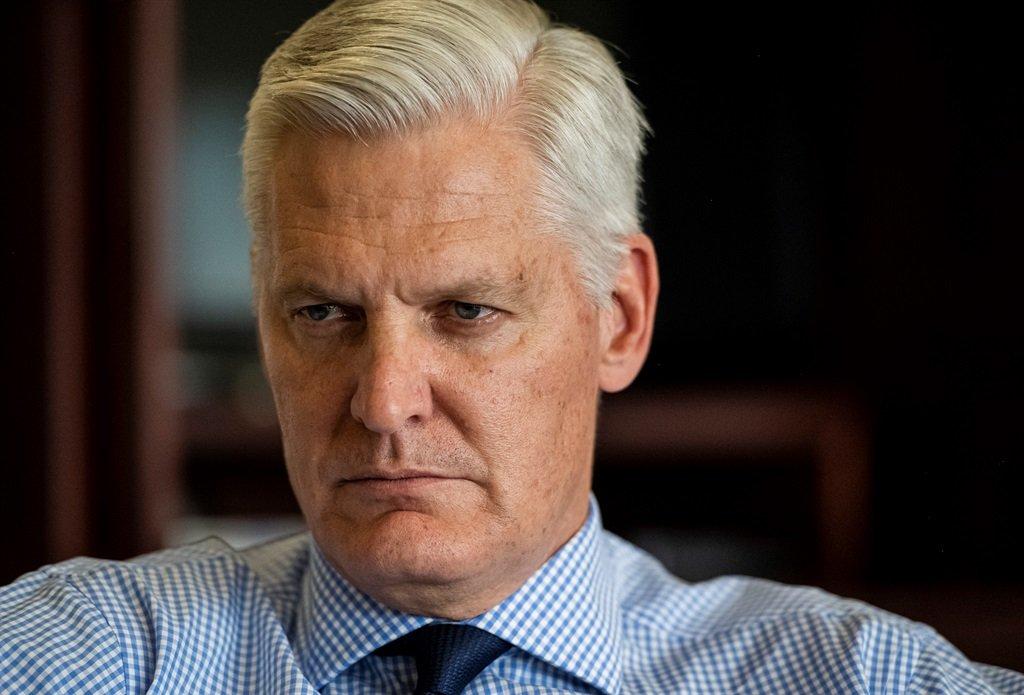Africa-Press – South-Africa. Eskom CEO André de Ruyter has criticised some municipalities for adding ‘hefty” markups to the prices Eskom charge them for bulk electricity.
In an interview with political analyst David Ansara of the Centre For Risk Analysis, De Ruyter gave the example of Sol Plaatje municipality in the Northern Cape, which he said charged some customers 121% more than what Eskom charges it.
“In the case of Sol Plaatje municipality, which is Kimberly, [there is] as much as a 121% markup. So when people complain about the cost of electricity – yes in some cases it is true.”
How is it calculated?
In response to questions, Eskom said it calculates municipal markups by comparing the tariffs it is allowed to charge municipalities with the tariffs they pass on to customers. All tariffs have to be approved by the National Energy Regulator of South Africa (Nersa).
The percentage difference between the two figures shows how much more a municipality is charging.
According to Nersa’s latest revenue decision, the power utility is allowed to charge R1.4648 per kilowatt-hour for the current year. While this was a 9% increase over what Eskom was allowed to charge last year, it was still only half of what the cash-strapped utility was asking for.
The Sol Plaatjie Municipality, meanwhile, is allowed to charge a winter tariff of between R2.667 and R3.0203 per kilowatt-hour to commercial users.
Stuck between Eskom and dysfunction, Mpumalanga towns pin hopes on ConCourt
The Sol Plaatje municipality did not respond to a Fin24 request for comment.
This isn’t the first time the Eskom CEO has singled out the municipality for high markups.
In August 2020, De Ruyter told the Cape Town Press Club that Sol Plaatje was adding up to 84% to the price of bulk electricity it bought from Eskom.
In response, the municipality’s former mayor, Patrick Mabilo, said average markups were 27.6%. He promised to institute an inquiry.
Fin24’s analysis of Sol Plaatje’s latest budget statements, meanwhile, appears to show average markups of around 35% for the current year.
In the financial year to date, the municipality spent R531 million on bulk electricity purchases. It has budgeted to earn R717 million from electricity service charges – a difference of 35%.
Due to under-collection, however, it has only collected R612 million.
For More News And Analysis About South-Africa Follow Africa-Press






